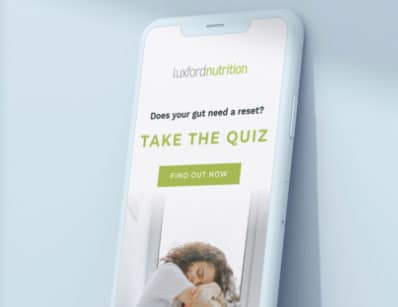It’s summer – “say goodbye to carbohydrates and goodbye to tummy bloat.” This mantra doesn’t have to be the case. Carbohydrates are a macronutrient which means we need to consume this food group in large quantities to maintain our body’s day to day function. The most important function of carbohydrates is to provide our bodies with energy. You should never sacrifice energy to beat the bloat. I’m here to tell you that you can have it all – energy and a bloat free tummy.

In fact, I am enjoying a bowl full of carbohydrates right now. And, I will not feel bloated after I eat this meal. This bowl of oats, berries, nuts and seeds is just what my body ordered. As my son says – “it’s delicious and nutritious!”
Let’s talk about how carbohydrates help the body. I think it’s important for a person to understand the why behind any recommendation.
Why are carbohydrates important?
Do you ever feel tired? Do you suffer from headaches, nausea or constipation? Have you been diagnosed with vitamin or mineral deficiencies? The root of all these problems may be that you are not eating enough carbohydrates. Carbohydrates provide energy! This energy may be used immediately or may be stored for a rainy day. But carbohydrates do much more than just provide energy. They play an imperative role in brain, heart and kidney function.
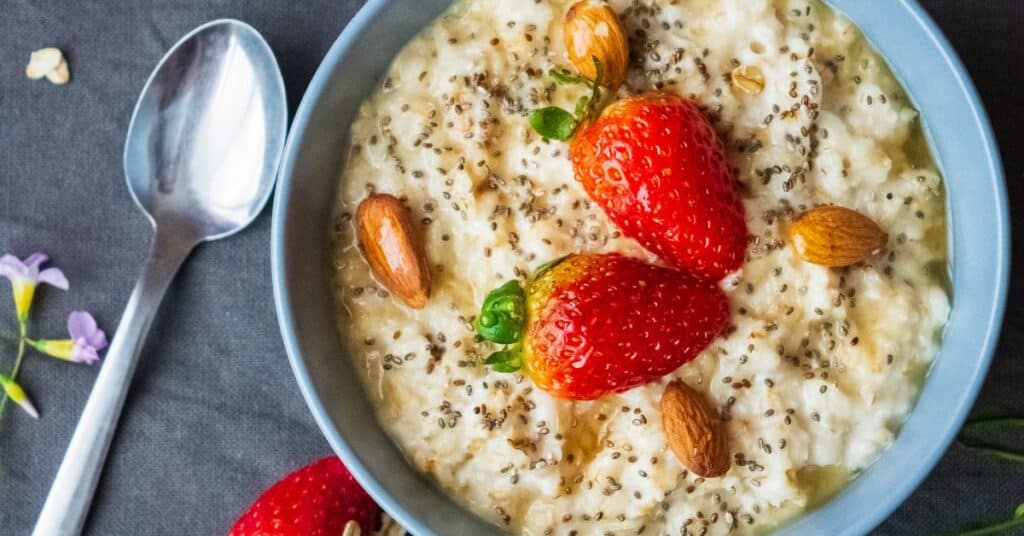
Carbohydrates promote digestion.
The bloat may not be caused by the carbohydrates. It may be caused by the lack of carbohydrates. In fact, it may have nothing to do with carbohydrates. If that’s the case, that’s another discussion that will probably require 1:1 counseling and diet intervention.
Carbohydrates promote mental health.
Boost your body with serotonin (the happy hormone) by eating carbohydrates. It makes me happy just thinking about people eating more carbohydrates.
Carbohydrates play a role in cognitive function.
This was highlighted in a Tufts Study (1) that noted a low carbohydrate diet negatively impacted a person’s memory, learning and thought processes.
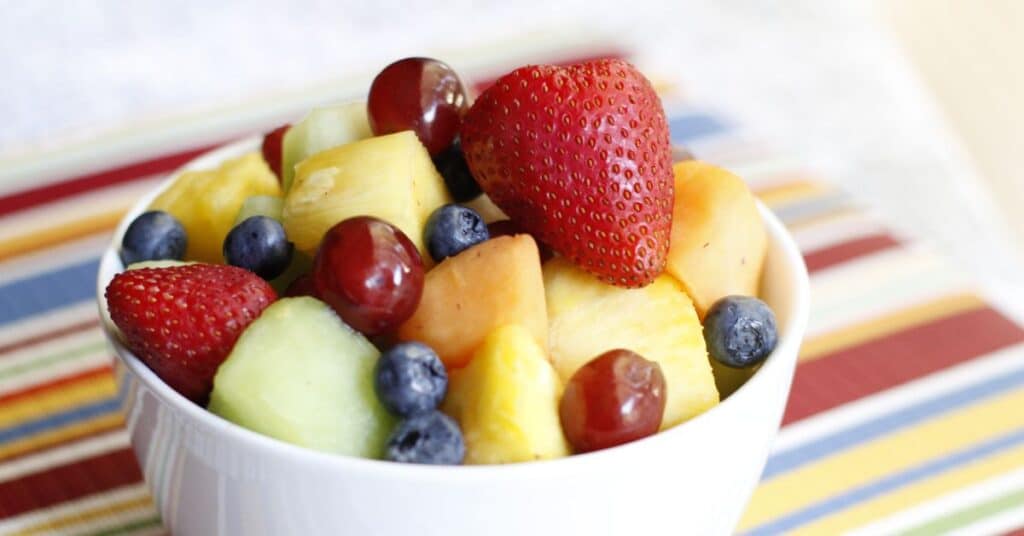
Carbohydrates increase diet satisfaction.
That’s right! People who eat carbohydrates along with protein and vegetables are satisfied for longer. It’s all in the fiber.
Carbohydrates provide fiber.
Fiber intake can impact cholesterol levels and, in turn, improve heart health. This positive effect will show in your lipid panel and it will make your doctor happy.
Carbohydrates are not created equal.
Choose the complex carbohydrates or whole grains over those diet substitutes and processed carbohydrates. Your insulin levels will thank you and, in return, your fat deposits may lessen.
Good Carbs vs Bad Carbs
Are you convinced now that you should eat carbohydrates? In the 80’s we deemed fat as bad. Today, we view carbohydrates as bad. I hope we reverse this negative philosophy against carbs soon. Say it with me – carbs are good! Let’s talk about which carbohydrate food sources provide the most benefit to your body.
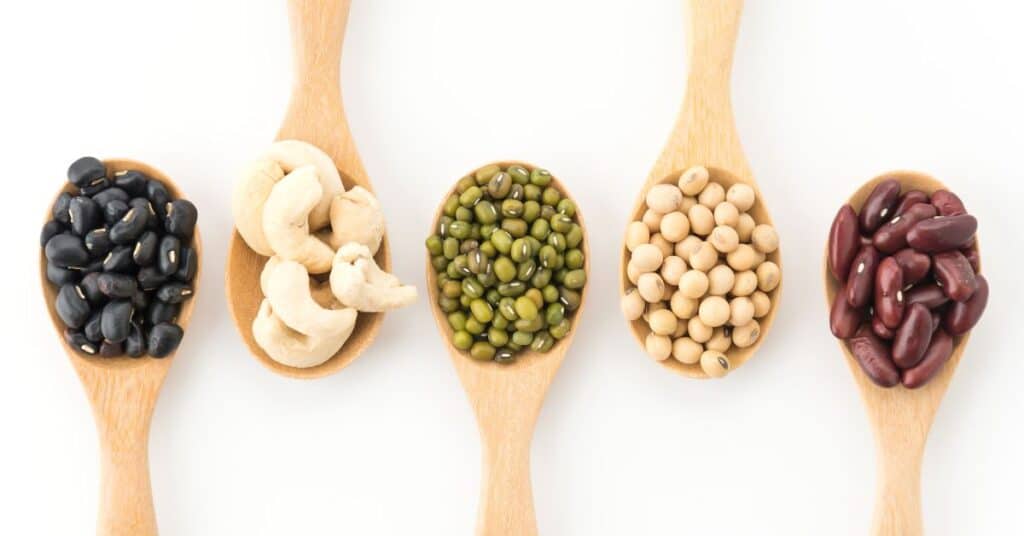
Good Carb Sources
- Fruit: Berries, citrus, apple, pear, banana and melons
- Starchy vegetables: Corn, peas, sweet potato, yams
- Whole grains: Oatmeal, brown rice, quinoa, amaranth, whole grain pasta or cereal, and barley
- Legumes: Beans, lentils, soybeans and chickpeas
- Dairy: Milk and yogurt
Other foods like non-starchy vegetables, nuts and seeds provide carbohydrates, but in less quantities than those foods mentioned above. Focus on the carb dense foods so the body can reap the most rewards. The daily goal is to have 45-65 percent of calories from carbohydrates which is equivalent to approximately 225-325 grams of carbohydrates on a 2000 calorie diet. This will also help maintain adequate fiber which is approximately 25 grams per day for women. Please note this recommendation is for the general public and not the recommendation for individuals with diabetes or other health concerns.
Energy Boosting Recipes
If you’d like to include some more carbohydrates into your diet, here are a few of my favorite carbohydrate-based, energy boosting recipes. Enjoy!
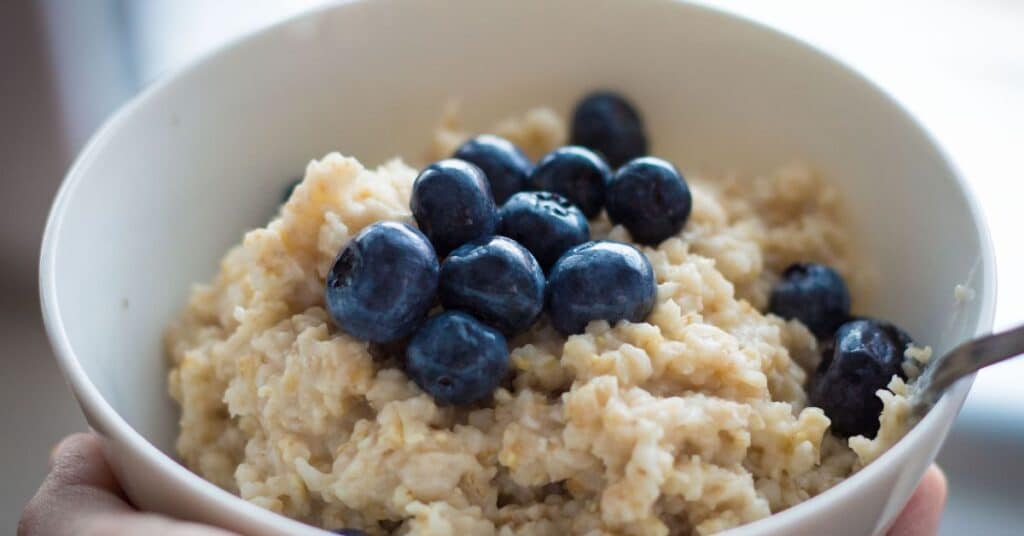
Creamy Vanilla Blueberry Protein Oatmeal
Ingredients
- 1/2 cup Oats (rolled)
- 2 tbsps Vanilla Protein Powder
- 1 cup Plain Greek Yogurt
- 1/2 cup Blueberries
- 1 tbsp Pumpkin Seeds
- 1 tsp Honey
Instructions
- Cook the oats according to the package directions.
- Stir the protein powder into the yogurt.
- Place the oatmeal in a bowl. Top with blueberries, yogurt, and pumpkin seeds. Drizzle with honey.
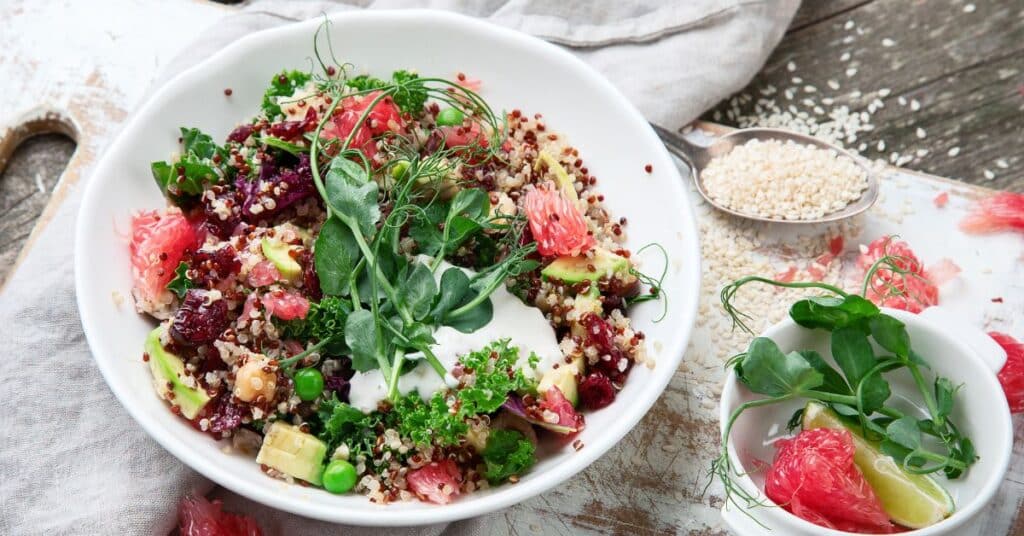
Grapefruit & Fennel Quinoa Salad
Ingredients
- 1/2 cup Quinoa (dry)
- 2 tbsps Extra Virgin Olive Oil
- 2 tbsps Balsamic Vinegar
- 1 tbsp Dijon Mustard
- Sea Salt & Black Pepper (to taste)
- 4 cups Baby Kale
- 1 bulb Fennel (medium, thinly sliced)
- 1 Grapefruit (peeled and chopped)
- ½ Avocado (medium, diced)
Instructions
- Cook the quinoa according to package directions.
- Meanwhile, make the dressing by whisking together the oil, balsamic vinegar, dijon, salt, and pepper.
- Once the quinoa is done, fluff with a fork and transfer to a large bowl to cool for five minutes.
- Add the remaining ingredients to the bowl along with the dressing. Mix well to combine.

